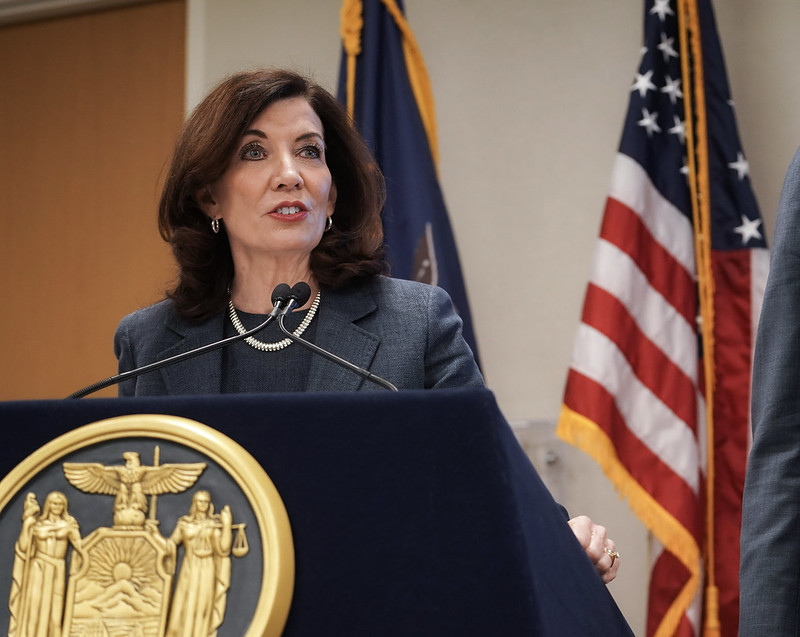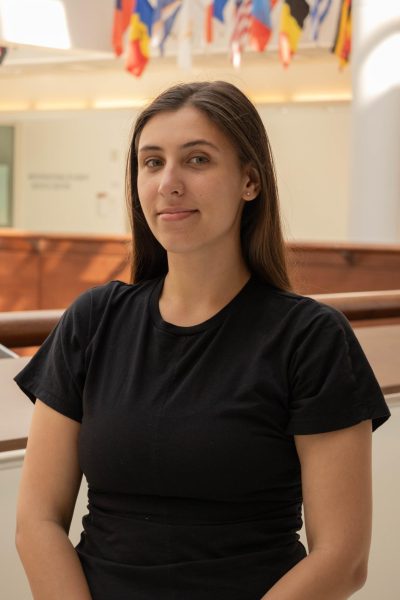Gov. Kathy Hochul reached an agreement with legislators on a $254 billion budget for New York State for the 2026 fiscal year.
The budget includes a $1 billion tax cut on middle-class and low-income New Yorkers, inflation refund checks, the expansion of access to childcare, and more. The governor called it a “general agreement” as more details must be clarified for implementation. “I promised New Yorkers to fight like hell to put money back in their pockets and make our streets and subways safer,” Hochul said in a public announcement on the budget. “That’s exactly what this budget is all about.”
The tax cut aims to help more than 75% of New York’s tax filers, providing $1 billion in tax relief annually to 8.3 million people. Hochul’s plan will deliver hundreds of dollars to three out of four New York taxpayers. Hochul said the new tax rate could “bring taxes for the middle class to their lowest level in 70 years.”
“Putting nearly $5,000 back in the pockets of families means helping New Yorkers afford the rising costs of groceries, raising kids, and just enjoying life,” she said.
Additionally, $2 billion will be dedicated to the state’s first-ever “inflation refund checks,” which will assist over 8 million New Yorkers. The checks range from $150 to $400, depending on an individual’s filing status — single or joint — and income.
The exact timing for when people can expect to receive their inflation refund checks has yet to be announced. Small businesses will also receive a tax break, as Hochul plans to reduce the payroll mobility tax, known as the Metropolitan Commuter Transportation Mobility Tax.
This applies to certain employers in businesses and self-employed individuals within the Metropolitan Commuter Transportation District.
This tax is divided into two zones in New York State. Zone one includes the counties of New York, Bronx, Kings and Richmond. Zone two includes Rockland, Nassau, Suffolk, Orange, Putnam, Westchester and Dutchess.
This tax is also eliminated for self-employed individuals earning $150,000 or less. The city has also invested $2.2 billion in expanding access to childcare, with an additional $350 million to save child care subsidies.
The $254 billion budget is an increase from Hochul’s original proposal of $252 billion. However, she clarified in a statement that nothing is set in stone.
“The reality is we can only devise a Budget based on the information we have at this time,” Hochul said.









